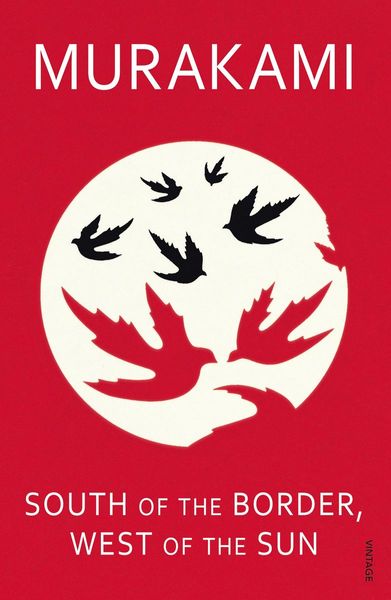
South of the Border, West of the Sun
Growing up in the suburbs in post-war Japan, it seemed to Hajime that everyone but him had brothers and sisters. His sole companion was Shimamoto, also an only child. Together they spent long afternoons listening to her father's record collection. But when his family moved away, the two lost touch. Now Hajime is in his thirties. After a decade of drifting he has found happiness with his loving wife and two daughters, and success running a jazz bar. Then Shimamoto reappears. She is beautiful, intense, enveloped in mystery. Hajime is catapulted into the past, putting at risk all he has in the present.
Reviews
constance@constellation
dani ocean.@daniocean
ren@xuyihren
Maureen@bluereen
Anjorin Molayo @bookishtems
🏹@kenzia
kayla @kayellng
Jyc@joeesuuu
diya@diyankilaco
Haritlak Thawikasikam@haritread
Aamna@aamnakhan
Frederik De Bosschere@freddy
Iya@kli-a
jen@seastruck
Trish@concerningnovelas
Siya S@haveyoureadbkk
Caterina P.@ourbookishnotes
Anushree Taparia@anushree
baelgia@baelgia
Samantha Flannelly@bookishsam
Chiara Malaspina di Orezzoli@lamorehaidenti
Olivera Mitić@olyschka
Kath Lau@kath_reads
Laura Leila Marta@lauraleila
Highlights
ren@xuyihren
jen@seastruck
Anushree Taparia@anushree
Anushree Taparia@anushree
Page 16
Anushree Taparia@anushree
Page 25